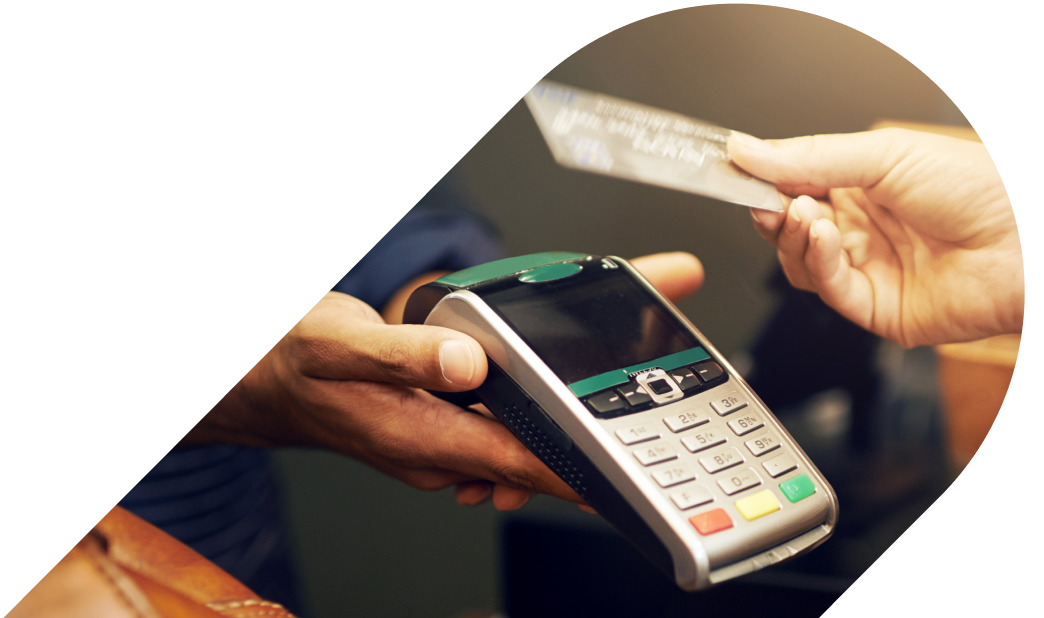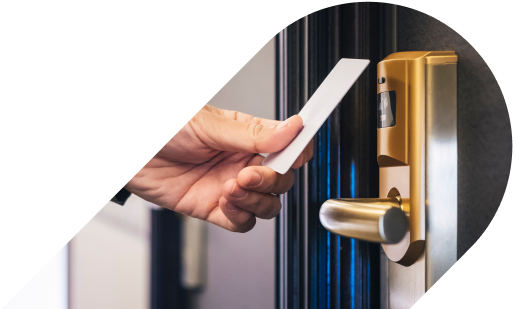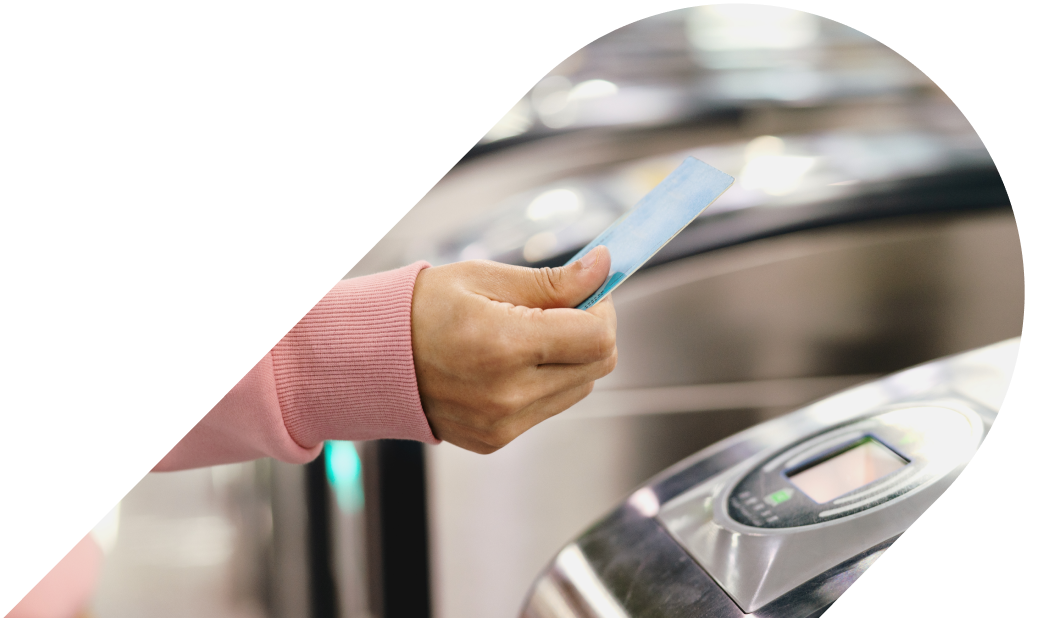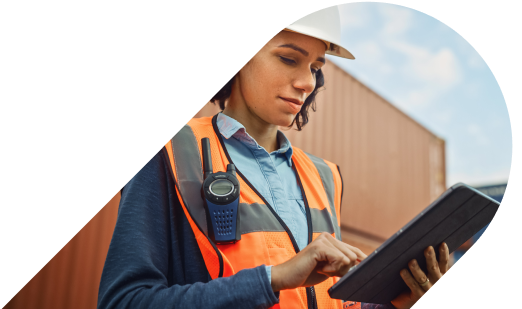Linxens appoints Laurent Letestu as Chief Financial Officer
Linxens announces the appointment of Laurent Letestu as Group Chief Financial Officer. He joins the group at a key stage of its development, as Linxens accelerates the expansion of new activities, strengthens operational performance and decision-making processes, and advances its digital transformation to support sustainable growth.
Levallois-Perret, France – [February 11, 2026] –
Linxens announces the appointment of Laurent Letestu as Group Chief Financial Officer. He joins the group at a key stage of its development, as Linxens accelerates the expansion of new activities, strengthens operational performance and decision-making processes, and advances its digital transformation to support sustainable growth.
With more than 25 years of experience in senior executive finance roles, Laurent Letestu has developed a strong track record leading finance and transformation initiatives in international and demanding environments, notably in the seismic equipment industry, automotive, and supply chain. Throughout his career, Laurent Letestu has held CFO and senior financial leadership positions in global organisations, most recently at Sercel (Viridien Group) and previously as CFO of the Motion Technologies division at ITT, where he oversaw large-scale operations in the automotive and industrial markets. Earlier, he held senior finance leadership roles within Brambles Group (Ferguson and CHEP). His background combines financial leadership with a strong command of IT and digital transformation, a key asset as Linxens accelerates its digital transformation.
At Linxens, his role will primarily consists of:
strengthening the Group’s financial governance and performance management framework,
supporting the various business activities with reliable, actionable and forward-looking financial insights,
leveraging digital tools to enhance efficiency, transparency and strategic decision-making.
“Linxens operates in demanding and fast evolving markets, where agility and clarity are essential,” said Laurent Letestu, Group CFO of Linxens. "Finance must be both rigorous and forward-looking. It's about putting the right framework in place today to enable smarter decisions tomorrow. "
This appointment reflects Linxens' ambition to strengthen its governance and equip the group with the capabilities needed to support its diversification and long-term growth strategy.
“With Laurent Letestu, we want to accelerate our development. His experience will be invaluable in helping us reach a new milestone, making finance and IT levers of performance at the service of the business.”, said Arnaud Brunetière, CEO of Linxens.











